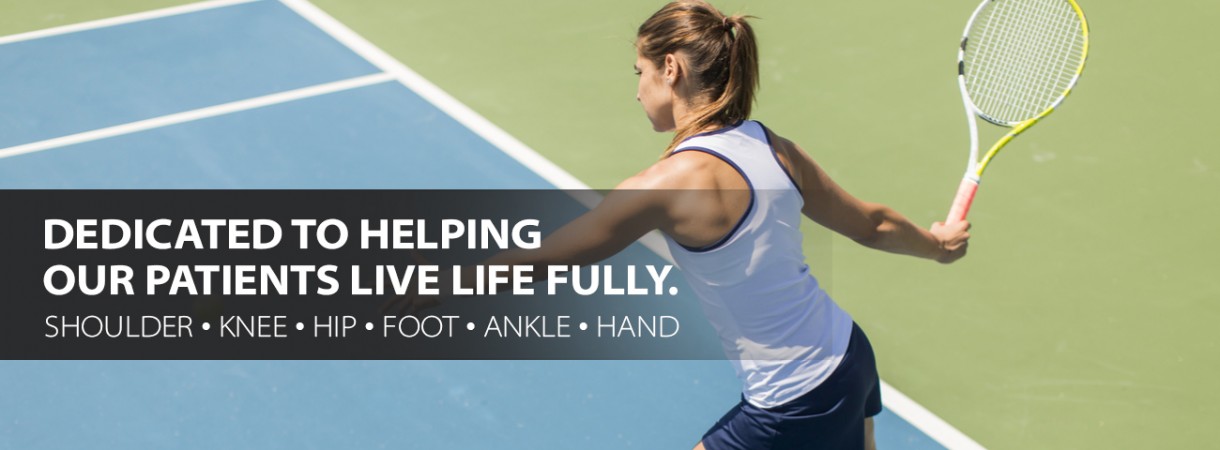With the public’s growing awareness around concussions, there is more of a push than ever to educate players, coaches and parents about the way we treat concussions. This is a positive change and will help further protect our athletes from more injury. However, there is still plenty of work to be done. Concussions are grossly under reported even still. Whether this is because they are not treated or identified doesn’t change the danger.
It is hard to convince young athletes that they are not in fact invincible— and that there can be serious, long term repercussions for head injuries. Studies show the most common reason to not report a concussion is the perception that it is not “serious” or “serious enough” to alarm anyone. Additionally, athletes don’t want to let their team or parents down or removed from playing the game. It will only be through education and well-informed parents and coaches that these concussions can be identified and treated. Although the consequences may be devastating. Symptoms such as concentration problems, headaches and depression can be permanent.
Another way to help improve reporting is to help the athlete understand by reporting their symptoms early they will get better faster and return to play sooner. Delaying treatment will delay recovery and potentially lead to more time being kept off the field.
The top way to assist the concussed athlete is to teach the teams, coaches, officials and parents to recognize the signs and report when an athlete shows the signs of a head injury. This should be no different than if a player was laying on the field with a broken arm – however we treat it so differently! And, this is especially dangerous when the consequence of an untreated concussion can be far worse. Sadly, recent studies have shown that even with more concussion education, athletes were not more likely to report the injury. The fear of not being able to continue playing was the main deterrent.
The bottom line is that it is hard to be a young athlete. It can be embarrassing to them to admit a perceived “weakness” to their teammates. We have to help them put their health and safety first by creating a supportive community around them. Now we want them to admit, in front of their friends that they are hurt and can’t play. We as coaches, parents and officials must remain alert to the signs of a concussion, checking the athletes that were just involved in a big hit or after a tough game. Put the player first and don’t push the envelope because their one of your best players. And players must be smart, honest and, when in doubt, sit the game out!







Leave a Reply